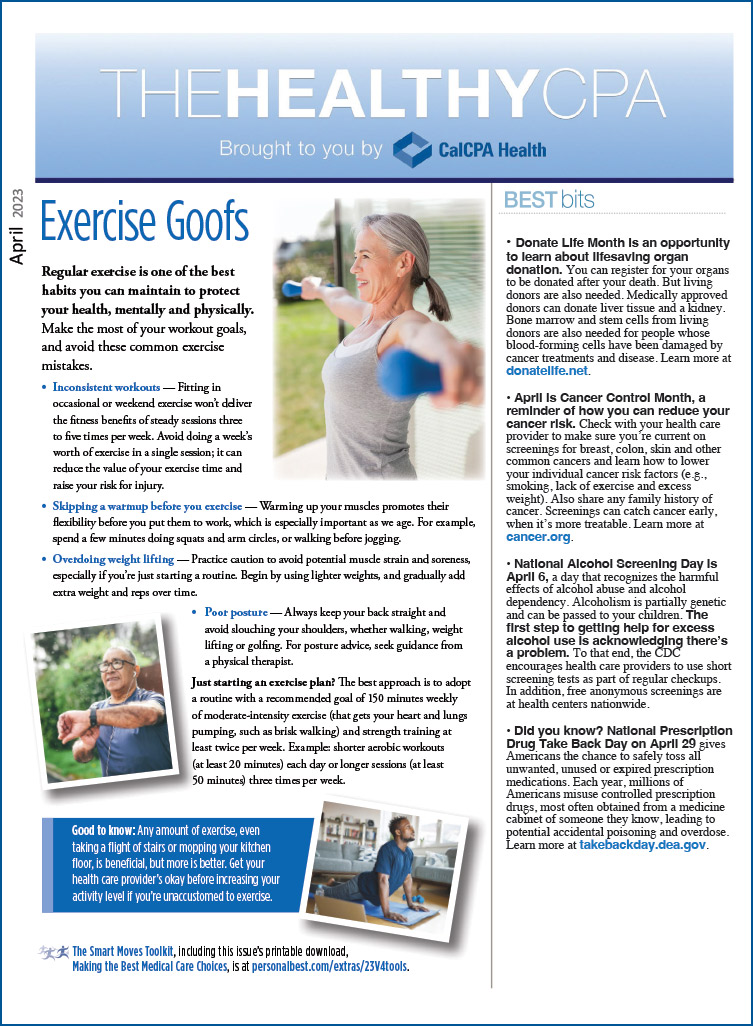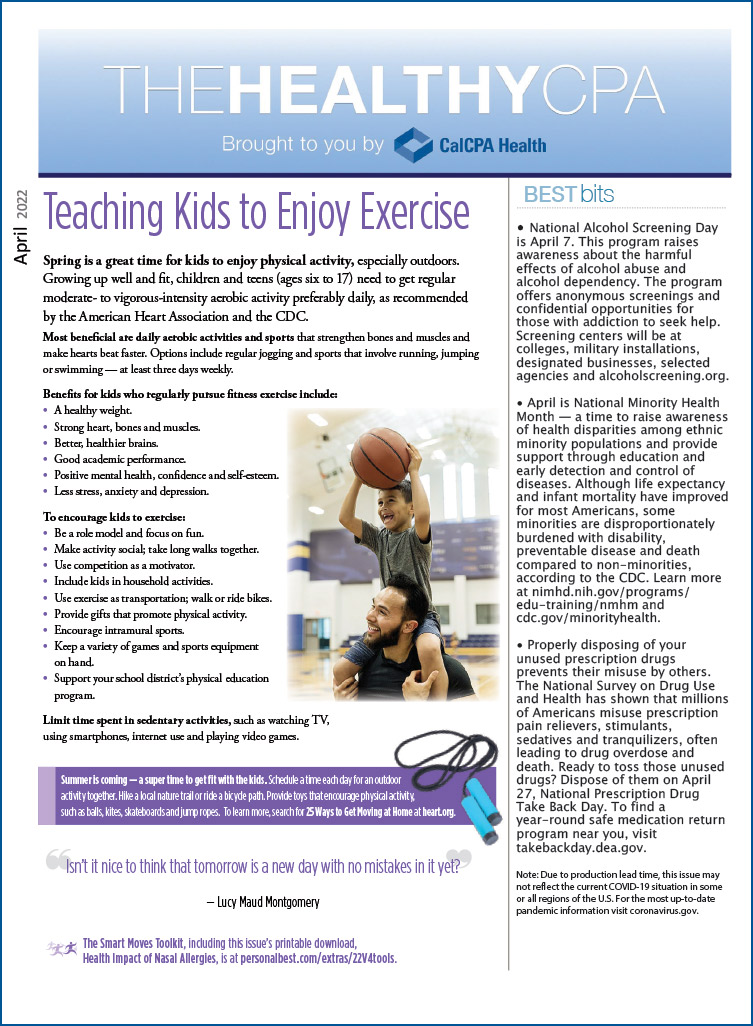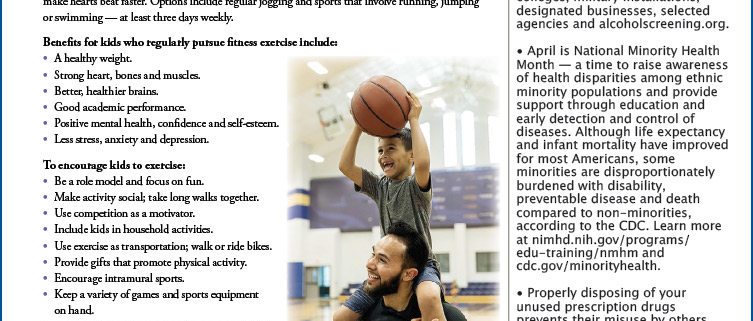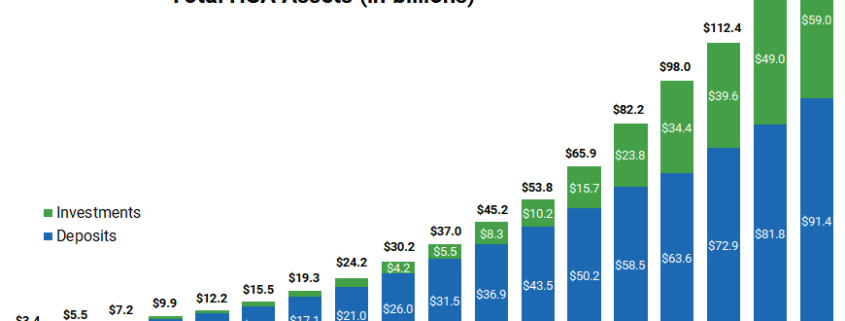News
Mental Health Awareness Month is an annual observance that takes place in May. It’s a time to raise awareness of mental health issues facing our nation, be able to recognize warning signs, and encourage people to seek treatment if they need it. Mental Health Awareness Month has been observed in the United States since 1949, with the goal to erase the stigma around mental health and to provide support, awareness, and education on the topic.
The theme for Mental Health Awareness Month for 2023 is “Take Some Time to Look Around, Look Within” which encourages everyone–from individuals, families, employers, and policymakers to talk about this topic that touches all of us in one way or another.
Mental Health America (MHA) was founded in 1909 to help address the needs of those suffering from mental illness. Each year MHA releases a report on the state of mental health in America. In the 2023 report, studies show that in 2019-2020, 20.78% of adults were experiencing a mental illness – this is equal to over 50 million Americans. Along with the number of Americans suffering from depression, suicidal thoughts, and substance abuse, there is a severe shortage of mental health providers. When people are desperate for help, having to wait weeks or months to be seen by a mental health professional can be a life-threatening situation. According to MHA, in the U.S., there are 350 individuals for every one mental health care professional.
 The eMagazine dedicated to improving members’ well-being
The eMagazine dedicated to improving members’ well-being
- Exercise Goofs
- Sleep Guide
- Storing Medications
- Peer Pressure: Not Just for Kids
- Do I need testing for inflammation?
- Check Your Playgrounds
In each issue you will find information and inspiration to help you with your health and wellness goals.
February is the month to focus on your heart health and make sure you are taking all the measures necessary to keep your heart strong. In 2020, about 697,000 people died from heart disease. [1] This is a stat that can’t be ignored.
Heart disease can mean different types of heart conditions for everyone. Coronary artery disease is the most common type and it affects the blood flow to your heart – having a decreased flow can lead to a heart attack. Heart disease can go undiagnosed for some time until symptoms start to occur and can lead to a heart attack, heart failure, or arrhythmia.
Symptoms of a heart attack can include pain or discomfort in the chest, back, neck, jaw, and one or both arms. Other possible symptoms are heartburn, nausea, lightheadedness, and shortness of breath.
Heart failure symptoms can happen over time and may include the following: shortness of breath, coughing or wheezing which produces mucus, swelling of ankles and feet, constant fatigue, increased heart rate, and confusion.[2]
An arrhythmia has to do with the rhythm of your heart. Sometimes your heart may beat too fast or slow, causing an irregular heartbeat. There are several types of arrhythmias such as Atrial Fibrillation and Tachycardia. When you have an irregular heartbeat, blood is not pumped properly throughout your body, making your lungs, brain, and other organs not function the way they should.[3]
It is vital that we learn about the warning signs and symptoms of a heart that needs tending to. Many of us get so busy in our daily life that we forget to pause and take care of ourselves and listen to our bodies. Talk to your doctor if you have any of these symptoms or feel that something isn’t quite right.
More heart-healthy articles will be coming soon. CalCPA Health understands how important it is to shed light on different health topics – so our members can have the tools and resources needed to be the best health advocate possible!
_____________________________
[1] https://www.cdc.gov/heartdisease/about.htm
[2] https://www.heart.org/en/health-topics/heart-failure/warning-signs-of-heart-failure
[3] https://www.heart.org/en/health-topics/arrhythmia/about-arrhythmia
The IRS has released the contribution limits for Health Savings Accounts (HSA) for 2023 and the numbers are significantly higher than in prior years, as you can see from the chart below. Knowing these numbers will help employers prepare for open enrollment and think about their contribution levels as well as help employees understand the benefits of contributing to their HSAs.
| Tax Year | Individual Coverage Limit | Family Coverage Limit |
| 2023 | $3,850 | $7,750 |
| 2022 | $3,650 | $7,300 |
| 2021 | $3,600 | $7,200 |
| At age 55, members are allowed to contribute and additional $1,000 | ||
What is a HSA? It is a tax-advantaged account, paired with a high-deductible health insurance plan (HDHP), that allows you to save pre-tax dollars for future qualified medical expenses. You can invest the funds in the HSA account tax-free and grow your savings. You own the account, it travels with you if you change jobs, change your health plan, or retire.
May is Skin Cancer Awareness Month and a good time to learn about skin cancer and to understand just how serious this condition is. Each year over 5 million cases are diagnosed in the United States alone. Skin cancer is the most common type of cancer. There are different types of skin cancer:
With summer just around the corner, you may find yourself spending more time outside. One thing to do before leaving your house each day, not just during the summer months, is to apply sunblock. Sunscreen is extremely important in protecting your skin from the sun’s harmful rays. It also aids in helping your skin from premature skin aging such as age spots and wrinkles. Also, seeing a dermatologist once a year can help in early detection of skin cancer. Prior to seeing a dermatologist, you can perform a self-exam and be prepared to show the doctor any unusual or changed moles or spots on your body.
Sunblock is one way to help protect your skin, but there are other ways such as wearing a hat, a long sleeve shirt and pants, sunglasses, and staying in the shade. It is also key to reapply sunblock throughout the day, especially if you are in the water. Ultraviolet (UV) rays from the sun cause most skin cancers. The UV rays are the strongest between 10 am to 4 pm, so during those hours, you want to make sure you protect yourself.
By taking precautions, you are helping protect yourself and your family from the sun’s harmful UV rays. Make it a point to learn about skin cancer and how to help prevent it – this will allow you to go outside and enjoy the fresh air safely!
Since 1949, the month of May has been recognized as “Mental Health Month”. It was established to help reduce the stigma surrounding mental conditions such as depression and bipolar disorder. At that time, many people didn’t talk about how they were feeling and suffered alone. Help wasn’t readily available due to the lack of knowledge about such illnesses. Over the decades, mental health doctors and researchers have learned about the many faces of mental illness and how to help those struggling.
Stats show that in 2019, nearly 50 million or 19.86% of adults in America experience a mental illness. (Source) The past two years of the pandemic resulted in a new level of stress and anxiety into our lives, creating a growing number of both adults and youth suffering from major depression. Read more
Mental Health Month was established in 1949 to help reduce the stigma surrounding mental conditions such as depression, schizophrenia, and bipolar disorder. Mental health was never truly understood in early times, thus the reason people tried to hide their feelings and emotions so not to be judged and criticized by those around them. They didn’t have the tools and the knowledge to understand that mental health was an illness.
Times have changed and mental health is a conversation around the world with tools and treatment plans available to help those struggling with mental illness. Mental Health America (MHA) has the B4Stage4 Philosophy that everyone should take a moment to understand. The point is made that we do not wait years to treat cancer, diabetes, or other serious conditions and that when symptoms are first experienced, typically you are trying to get treatment right away. MHA notes that people should be paying attention to early warning signs of mental illness such as loss of sleep, feeling tired for no reason, feeling down or anxious, and other such symptoms. Read more
The month of May is Mental Health Month, and it is a good time to learn about mental health conditions and where to find treatment.
Living through the past two years of the pandemic has taken a toll on the mental health of millions of Americans. We may notice a change in our own moods and emotions or recognize a change in our loved ones. Mental health encompasses our emotional and social well-being and ultimately effects how we feel, think and act daily. It can interrupt how we make decisions, perform at work, interact with others, and our ability to handle stress. Read more
Mental Health Month was established in 1949 to help reduce the stigma surrounding mental conditions such as depression, schizophrenia, and bipolar disorder. Today, doctors and researchers have gained knowledge of the many layers of mental illness conditions and have developed different methods to help those suffering. Many of the conditions will not improve without the proper channel of help from a medical professional and with the help of family and friends.
The pandemic has taken a toll on people of all ages, but one age group of concern is young children. Many children are developing mental health conditions, and since they are young, it may be difficult for them to express their feelings. Knowing the symptoms of mental health conditions will help us to identify the issue(s) and seek out the right help: Read more
 The eMagazine dedicated to improving members’ well-being
The eMagazine dedicated to improving members’ well-being
- Teaching Kids to Enjoy Exercise
- Personal Trainers 101
- UPDATE on Cancer – April is Cancer Awareness Month
- Dealing with Loneliness
- Defining Diet Culture
- Understanding Eco-Friendly Labels
In each issue you will find information and inspiration to help you with your health and wellness goals.



